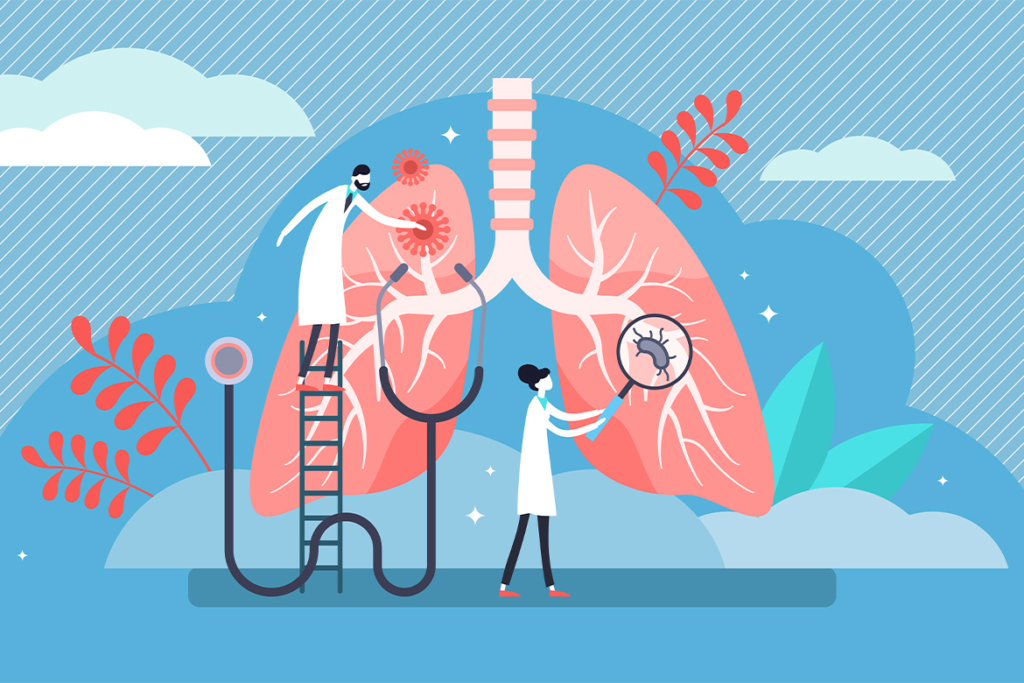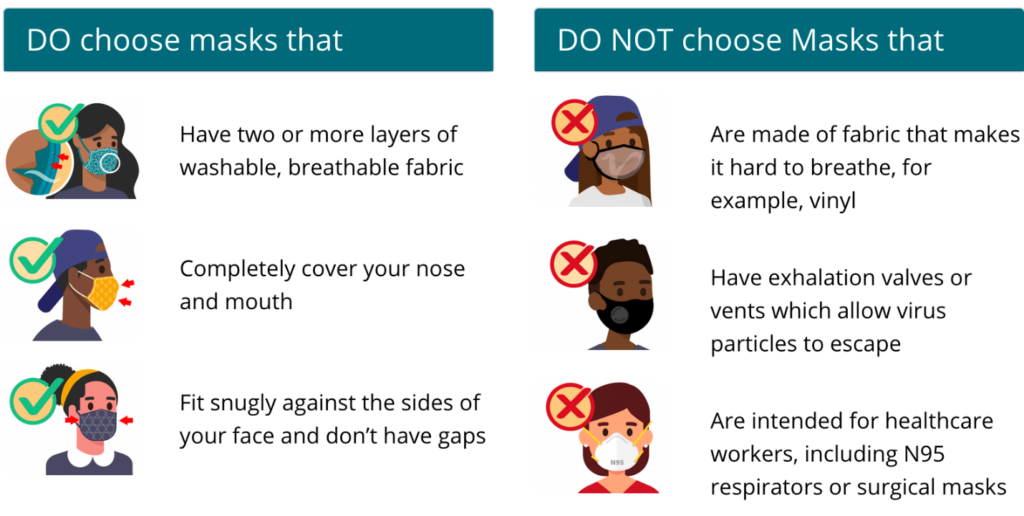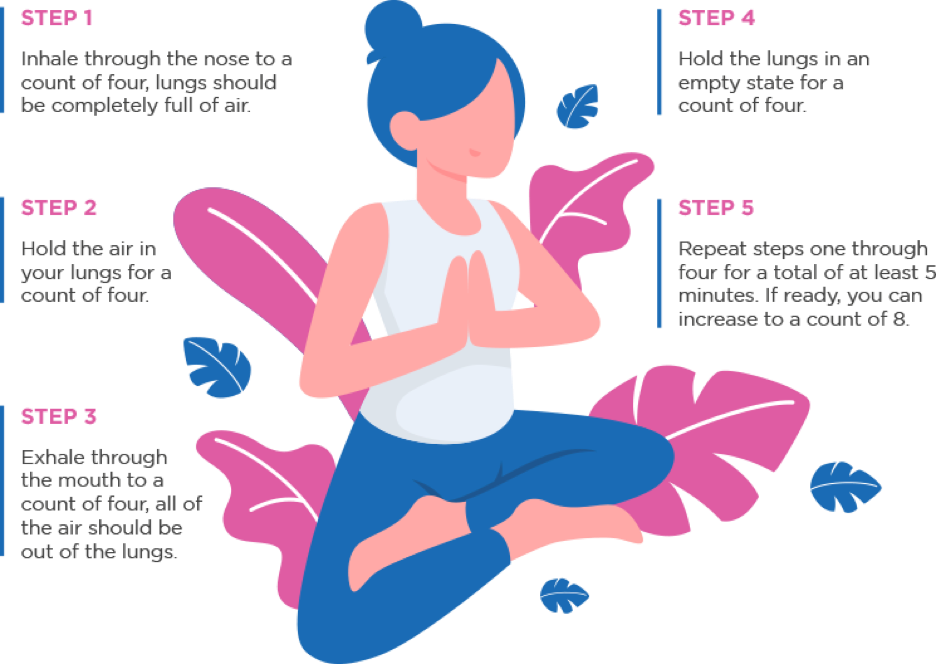How to Give Your Lungs a Tune Up

BY ABBY PRATT, CHOP5 NUTRITION BLOGGER
You probably know a lot about how to keep your muscles strong or your heart healthy (especially if you read February’s blog). When was the last time you saw something on how to take care of your lungs?
Every cell in our body needs oxygen to live. Your lungs literally keep every organ in your body alive by taking in oxygen and pushing out carbon dioxide. They are a pretty important duo, so let’s learn how to take care of them since they take care of us.
1. Exercise: Get some aerobic exercise to increase your breathing rate. The increased breathing helps to improve circulation. Which in turn makes the body more efficient in removing the excess carbon dioxide. The more you do these kinds of cardio-based exercises, the more efficiently your body will use oxygen.
2. Eat the Right Stuff: The food you eat can actually have an effect on your breathing. As you may expect a diet full of variety and nutrients is the answer. You also want to stay hydrated to help keep the mucus membrane of your lungs functioning properly. Below are some foods you can incorporate to a balanced diet that have lung health benefits. You can build a custom chopped salad full of lung boosting ingredients at CHOP5.com.

- Red cabbage
- Beets
- Apples
- Peppers
- Tomatoes
- Edamame
- Berries
- Green tea
- Leafy greens
- Whole grains
3. Go to Your Yearly Check Up: If you have the means to, get to your general care practitioner once a year for your physical. This is key to finding diseases and illnesses early on when sometimes symptoms are not present. Your doctor will listen to your breathing with a stethoscope and answer any questions or concerns you may have in relation to your lung health.
4. Just Laugh & Breath!: Both laughing and concentrated breathing are great ways to increase lung capacity. Here are some specific breath work exercises you can practice to improve your lung health and maybe even relax a bit.
5. Be Aware of Air: The quality of the air that goes through your lungs matters. Below are just a few of the factors that can contribute to low air quality both inside and outside.
Inside: dust, asbestos, water damage, lead, mold, carbon monoxide, paint products, pet dander, second hand smoke, cleaning supplies & household chemicals
Outside: smog, sulfur dioxide, carbon dioxide, particulate matter, nitrogen dioxide
You can reference the Air Quality Index for the day if you plan to be outside a lot and are curious of the air quality.
6. No Smoking Zone: We all know about the big bad cigarettes that wreak havoc on our lungs. Things like vaping, e-cigarettes, cigars and smokeless tobacco can all have similar effects on the lungs. They increase your risk for many diseases and conditions. Now these substances are addicting and if you are currently using these products and are looking to quit here are some resources to help you out! Even cutting back on consumption can make a huge difference.
If you are a non-smoker, you can avoid the harmful effects of second-hand smoke by avoiding facilities that have indoor smoking sections (yes, some states still allow this!), not sitting near outdoor smoking areas and politely asking guests in your home or car to avoid smoking.
7. Prevent Infection: Even before a COVID-19 world, you were probably doing things to avoid infections. Here are some ways you can take preventative precautions.

- Wash your hands with warm water and soap.
- Wear a mask in public.
- Avoid large crowds during cold & flu seasons or in our current case, a global pandemic.
- Get vaccinated if you wish. Getting vaccines for the flu and pneumonia may be something you should consider. Talk to your doctor about your options.
- If you feel sick, stay home.
In a time where our lung health may be at risk more than usual, it can’t hurt to try to incorporate a few lung boosting actions into your day. Which of these options could you try this week? I would love to hear what tips were your favorite. You can reach out to me HERE!
As always – Chop well, Eat well, Live well.
*These tips are not to be used in substitution of medical treatment and cannot cure lung-related diseases or conditions. Speak with your doctor if you have lung pain or trouble breathing.*


